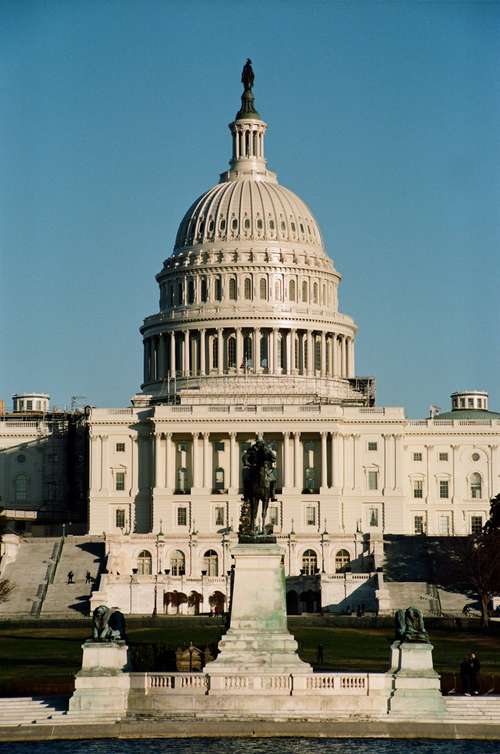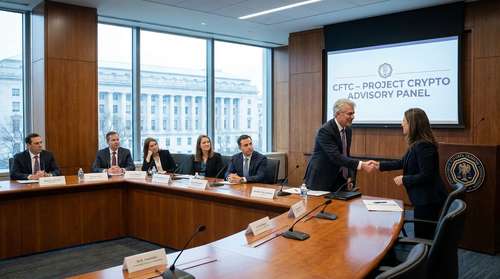
Tether, a well-known cryptocurrency company and stablecoin creator, has announced that it will be freezing wallets belonging to individuals who are listed on the U.S. Office of Foreign Asset Controls (OFAC).
This decision was made on December 1, 2023, and is in line with U.S. regulations. The aim of this move is to improve security in the cryptocurrency industry.
In response to growing concerns over the industry's alleged links to illicit activities, Tether has taken significant steps to combat suspicious wallets.
Tether's newly appointed CEO, Paolo Ardoino, spearheads this initiative to ensure Tether's adherence to global laws while maintaining its reputation as a secure digital asset.
Meanwhile, freezing sanctioned wallets demonstrates Tether's commitment to preventing misuse of their tokens and aligning themselves with regulatory requirements.
Taking a Strong Stand Against Illicit Activities
Recently, Tether has cautiously approached the freezing of wallets connected to entities like Tornado Cash.
However, they have now adopted a more firm approach by implementing measures to freeze such wallets.
This resolute stance reaffirms their commitment to combating illegal activities within the cryptocurrency industry.
Tether's proactive efforts are expected to significantly influence the entire cryptocurrency industry, contributing to enhanced safety and integrity.
In a press release, Tether expressed that the decision would be a great improvement for the security of the ecosystem.
"This strategic decision aligns with our unwavering commitment to maintaining the highest standards of safety for our global ecosystem and expanding our close working relationship with global law enforcement and regulators" stated Paolo Ardoino, CEO of Tether.
"By executing voluntary wallet address freezing of new additions to the SDN List and freezing previously added addresses, we will be able to further strengthen the positive usage of stablecoin technology and promote a safer stablecoin ecosystem for all users."
Tether Introduces New Policy to Strengthen Ecosystem Security
— Tether (@Tether_to) December 9, 2023
Read more ⬇️https://t.co/kCCFhLflfb
By actively collaborating with global regulators and evolving with the industry, Tether aims to foster a secure environment for digital assets.
Implementing this policy, Tether, the company that developed the largest stablecoin would be able to freeze wallets without requiring any action from users.
This decision was made to align with the regulations of the U.S. Office of Foreign Asset Controls (OFAC), specifically targeting individuals listed on the Specially Designated Nationals (SDN) list. The new policy reflects Tether's commitment to complying with regulatory standards and maintaining a secure stablecoin ecosystem.
A Strategic Decision to Safeguard Against Criminal Misuse
Tether's CEO, Paolo Ardoino, who previously served as the CTO, remains committed to upholding rigorous safety standards and fostering partnerships with regulatory bodies.
The implementation of the wallet-freezing policy is a strategic decision aimed at thwarting criminal activities associated with misused USDT.
By taking this step, Tether positions itself as a leading advocate for a safer environment for stablecoin usage.
Tether has taken proactive measures by freezing 41 wallets, including those linked to coin-mixing services like Tornado Cash.
Notably, according to the U.S. Treasury Department, one of the frozen wallets was implicated in the $625 million Ronin Bridge Attack, a cybercrime executed by the North Korean hacking group Lazarus.
Tether's new policy sets a precedent within the crypto industry and underscores its commitment to collaborate with regulatory authorities in the ongoing fight against criminal activities.
Tether Freezes Wallets
In recent instances, Tether successfully froze 32 wallets associated with terrorism and warfare in Ukraine and Israel.
Furthermore, Tether revealed that it froze over 225 million USDT linked to an international human trafficking syndicate engaged in crypto romance scams.
These actions demonstrate Tether's commitment to reinforcing security protocols and working closely with global regulators and law enforcement agencies.
Tether's introduction of a wallet-freezing policy reinforces its commitment to security and regulatory compliance.
By actively targeting wallets linked to individuals on the OFAC list, Tether aims to prevent the misuse of tokens and align itself with evolving regulations.



